What is Food Security and Why Is It Important

Food security is something that many people worry about on some level. You may have thought of food security as something that only people with limited funds worry about. But let me ask you something. How often do you purchase more food than your family will eat?
How often do you grab an extra package of beef because you’re worried about prices going up or the store running out?
Food security is about more than just being able to afford food, it can also be about simply finding food on the shelves.
Let’s take a closer look at what food security is and the things you can do to feel more secure when it comes to feeding your family without buying more than you need.
What Is Food Security?
Food security is often defined as food availability, food access, utilization, and stability.
In order to have food security, a person must be able to have sufficient quantities of food, access to food, utilize the food, and have adequate access to food at all times (stability).
To put this into an easier to understand example, a single mother would have food security if she had the funds to purchase food from a store that had food in stock and she was able to cook the food for her family and still have food for the next day.
Posts you might like:
- 10 Signs That Shows Your Financial Stability
- 9 Home Security Measures You Should Teach Your Kids
- How To Start a 30-Day Stockpile
Food insecurity would be a person who may not have enough money to buy food, or the store is out of food, or doesn’t have the means to cook the food in a sanitary kitchen and she may have no idea how she’s going to get food for future meals.
How Can You Create Food Security in Your Home?
Let’s look at each level of food security and how we can apply it to our daily lives:
Availability
How can you make food available in your home? The cost of groceries is rising and many families are starting to wonder how they’ll be able to keep up. If you were getting the Child Tax Credit, you may have depended on those funds to pay for everyday needs, such as groceries.
What do you do now?
The first thing you can do is look at your budget and cut unnecessary expenses. Entertainment is a great place to start. You can do so many things for free or do for less. Take the money you save and put it toward your groceries.
If you find that you’re not able to cover the basic expenses, and there’s nothing left to cut, you may want to look into financial assistance or community programs that can help you put food on your table.
Access
If you have money to purchase groceries, you want to make sure you have somewhere to buy the food. If you turn on almost any news channel, you’ll see empty store shelves.
Unfortunately, these stories cause people to rush out and purchase more than they need. While having access to food is important, you don’t want to purchase more than your family can eat. Most grocery stores stock shelves in the middle of the night.
This means that your best chance to find food on the shelves is first thing in the morning. While grocery pickup is extremely convenient, shopping in person will allow you to better think on your feet and find a substitute should something be out of stock.
Otherwise, you may end up with a grocery order that only has half the things you ordered due to shortages.
Utilization
The importance of utilizing the food you purchase should not be taken lightly. One of the best tips you can use when trying to make the most of your food budget is to make a grocery list based on what you have on hand.
This not only saves you money, but it ensures you use the food you purchase rather than throwing it away.
Another great tip is to plan meals that use the same ingredients. This way you’re using all the ingredients you buy.
You can also think of different ways to serve leftovers to make your family more apt to eat them. For example, if you make a pot roast one day, turn the leftover pot roast into shredded barbecue beef sandwiches.
Stability
There is a difference between hoarding food and having a stockpile. A stockpile ensures you purchase food at an affordable price for future use. However, you’re only purchasing what you know your family will eat before it expires.
Stockpiling can certainly provide stability for your family. During hard times, you can utilize your stockpile.
For example, if you’re sick and miss work for a week, you’ll be able to make meals from your stockpile rather than going to the grocery store.
If you don’t have a stockpile, start small. Purchase a couple of extra cans of soup or a bag of dry beans each week. When you find a good sale on meat, purchase extra and freeze it.
Food security isn’t something to take lightly. It doesn’t matter what financial position you’re in, you need to always consider the future and what could go wrong.
You may lose your income. The stores may run out of food or not have enough employees to open the doors.
That doesn’t mean you need to panic or hoard food. What it means is you need to create a stockpile that can get you through these tough times and provide food security.

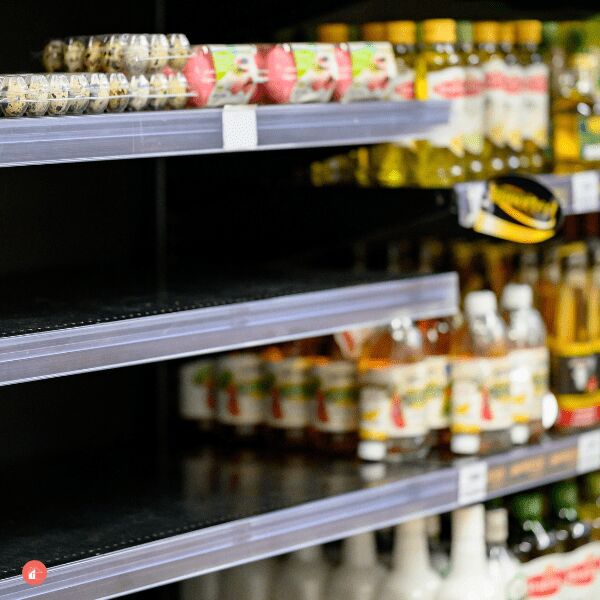


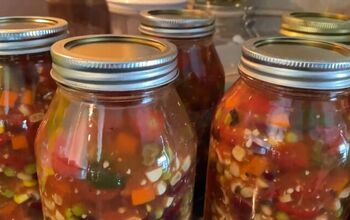
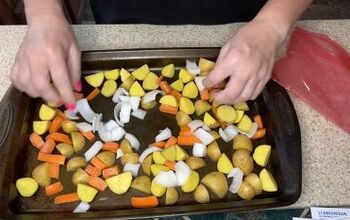
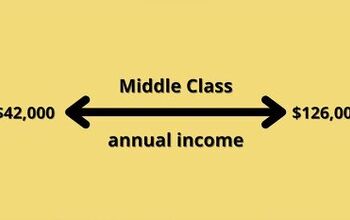
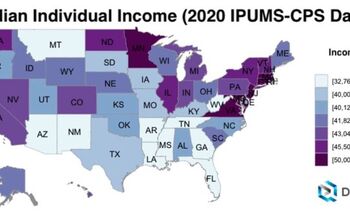

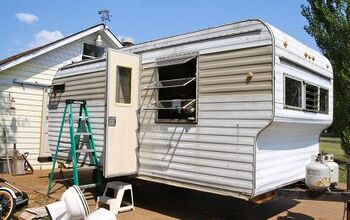
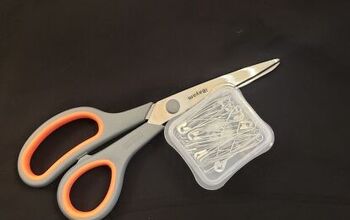
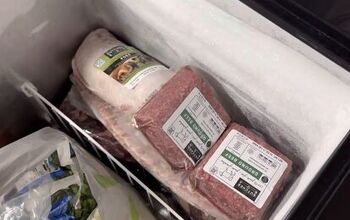
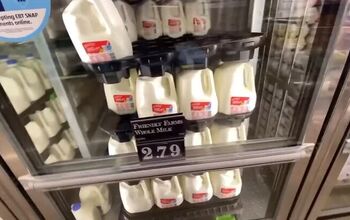
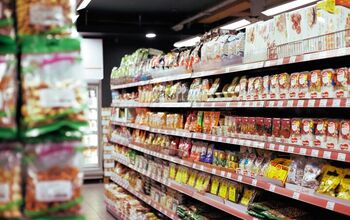
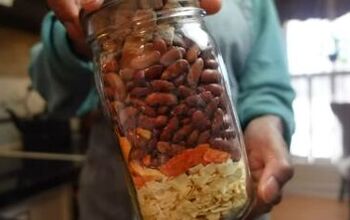
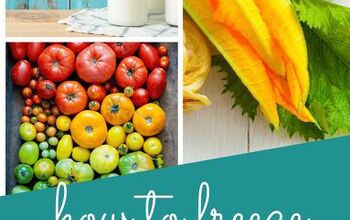
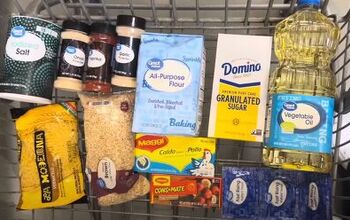
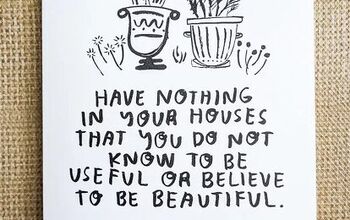
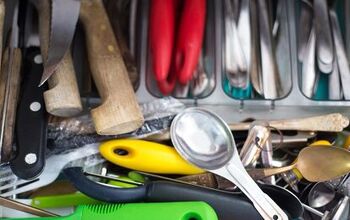


Comments
Join the conversation